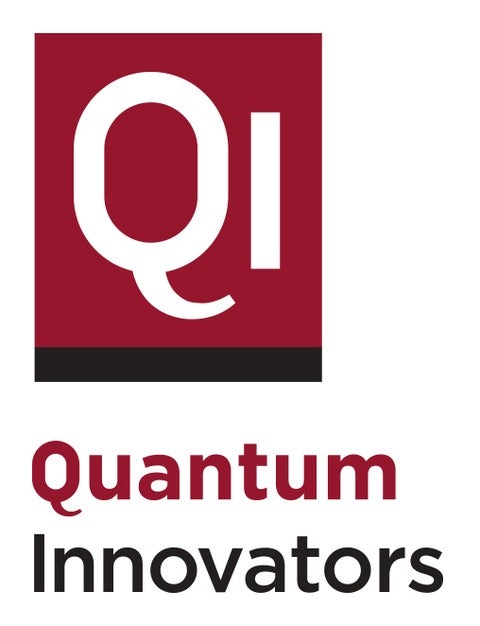Special seminar: Vincent Russo
Extended nonlocal games from quantum-classical
Vincent Russo, IQC
Several variants of nonlocal games have been considered in the study of quantum entanglement and nonlocality. In this talk, we shall consider two such variants called quantum-classical games and extended nonlocal games. The players, Alice and Bob, may play the game according to various classes of strategies. An entangled strategy is one in which Alice and Bob use quantum resources in the form of a shared quantum state and sets of measurements. One may ask whether the dimension of the shared state makes a difference in how well the players can perform using an entangled strategy.
